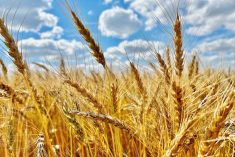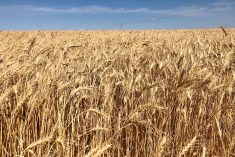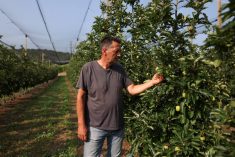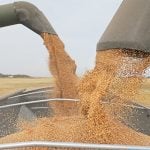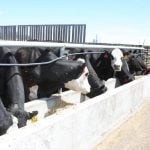Copenhagen | Reuters — Denmark’s farmers on Wednesday voiced concerns that plans to levy a carbon emission tax on farming as part of efforts to meet Denmark’s ambitious climate goals would force them to reduce production and close farms.
Denmark, a major pork and dairy exporter, could become the first country in the world to levy an emissions tax on farming, a move that has broad political backing in the country, after New Zealand last year pushed back such a tax to the end of 2025.
A carbon tax on farmers could help Denmark achieve its legally-binding 2030 target of cutting greenhouse gas emissions by 70 per cent from 1990 levels.
Read Also
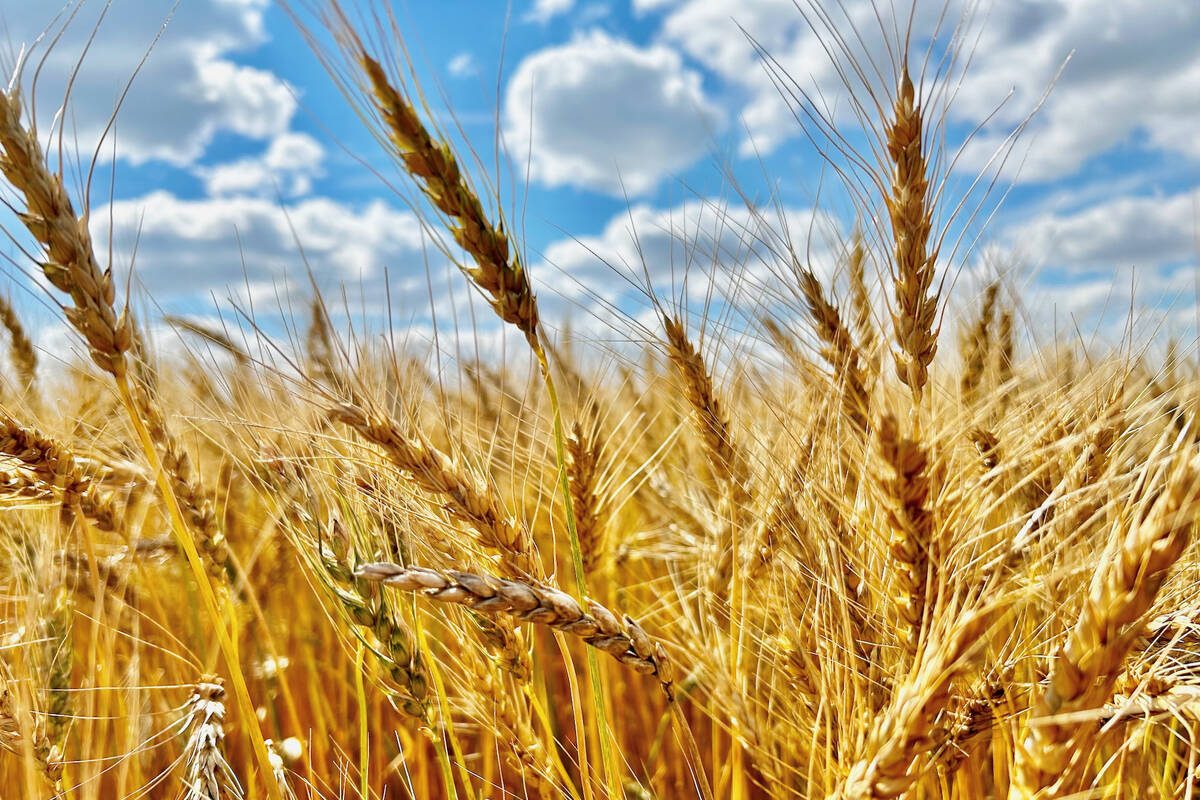
Expana lifts EU cereal forecasts, maize exceeds expectations
Expana has raised its monthly grain production forecast for European Union crops for the 2025/26 season, projecting soft wheat output will hit a record high and barley a 17-year high.
But such a measure would also mean higher costs for farmers and as a consequence reduce production by as much as one-fifth, a government-commissioned group said in a report on Wednesday.
A tax of 750 Danish crowns (C$147) per million tons of carbon dioxide (CO2) emitted would have the biggest impact. The group also considered lower taxes of 375 crowns and 125 crowns.
“These models are based on something very disappointing, namely that climate reduction can only come by reducing production,” Peder Tuborgh, CEO of dairy producer Arla Foods, told Reuters.
Tuborgh said new technologies had helped Arla’s 9,000 farmers in Denmark, Sweden, England, Germany and Benelux reduce emissions by 1 million tons in the last two years.
“There is an innovation path,” he said. “We would like to continue that journey, rather than having to shut down our production.”
More than half of Denmark’s land is farmed, with agriculture accounting for about a third of the country’s carbon emissions, according to Danish climate think tank Concito.
The agriculture sector has become a political battleground as the European Union strives to meet its net zero emissions target by 2050. Farmers across the bloc have been protesting for weeks, saying they are facing rising costs and taxes, red tape, and excessive environmental rules.
The scenarios laid out by the government advisors would reduce agricultural production by between six per cent and 15 per cent, with cattle and pig production falling by around 20 per cent under the harshest taxation scenario.
“It will be relatively dramatic if we chose to go down that path,” Jais Valeur, CEO of Europe’s biggest pork producer Danish Crown, told TV2.
“It’s key that we encourage our best farmers to become better so that we can lead the way for a sustainable transition,” he said.
–Reporting for Reuters by Isabelle Yr Carlsson, Louise Rasmussen and Stine Jacobsen.





